6 Benefits Of Caffeine, Dosage, Side Effects, And Myths
From debunking misconceptions to embracing its benefits, learn more about the debate around caffeine.

Image: Shutterstock
Caffeine is one of the best ways to start the day, as it energizes us in the morning. Caffeine benefits include boosting the central nervous system and preventing drowsiness. Drinking a steaming cup of coffee or tea stimulates our senses and is good for our health. Caffeine has psychoactive properties and is a common ingredient in beverages, chocolates, and even decaffeinated products. It contains antioxidants, flavonoids, and polyphenols, so it does much more for the body. Interested in learning how it works? Read on to learn about the benefits of caffeine, dosage, potential side effects, and common myths.
In This Article
How Caffeine Works
Caffeine has an immediate effect and gets absorbed into the blood in just 15 minutes. It is a psychoactive drug, meaning it can influence the brain and nervous system’s function. Caffeine activates different neuronal pathways by altering the release of neurotransmitters (signaling molecules released by the neurons). Consuming caffeine blocks adenosine (an inhibitory neurotransmitter that makes you feel tired and promotes sleep) to reduce fatigue and keep you alert (1), (2).
 Trivia
TriviaCoffee, tea, carbonated, and energy drinks contain high amounts of caffeine. Scroll down to find out the amount of caffeine content in different beverages.
Key Takeaways
- Caffeine can block adenosine, a neurotransmitter that makes one feel tired and sleepy.
- Caffeine enhances exercise performance, aids in weight loss, improves brain function, and reduces cancer risk.
- 400 mg of caffeine per day is considered a safe range.
What Drinks Contain Caffeine?
Here is the list of the most common sources of caffeine (3):
Sources Of Caffeine | Caffeine Content (per 8 ounces) |
Decaffeinated coffee | 3-12 mg |
Instant coffee | 27-173 mg |
Plain brewed coffee | 102-200 mg |
Espresso | 240-720 mg |
Brewed tea | 40-120 mg |
Green tea | 30-50 mg |
Black tea | 25-110 mg |
Soft drinks | 20-40 mg |
Energy drinks | 50-160 mg |
In addition, dark chocolate contains 5,035 mg of caffeine. Consuming caffeine has several benefits. Check them out.
Health Benefits Of Caffeine
1. Improves Brain Function
Caffeine is a central nervous system stimulant and can increase energy metabolism in the brain (4). It reduces cognitive decline, increases alertness, improves brain function, minimizes the risk of depression, and helps to focus and concentrate (5), (6), (7). Caffeine enhances long-term memory, and its regular consumption in limited amounts can reduce the risk of stroke, dementia, Alzheimer’s disease, and Parkinson’s disease (8), (9), (10), (11), (12).
2. May Help With Weight Loss
Caffeine intake may support weight loss, reduce BMI and body fat, and help manage optimal body weight (13), (14). A study conducted by Maastricht University, Netherlands, found that high caffeine intake promoted weight loss through fat oxidation and thermogenesis (15). In addition, it can prevent weight regain and be used as an alternative treatment for weight loss (16). Another study conducted on 18,417 men and 39,740 women found that increased caffeine intake may reduce long-term weight gain (17). However, some research has also suggested that when consumed excessively, coffee makes you gain weight too. Exploring the deeper connection between caffeine and metabolism can provide insights.
3. Enhances Exercise Performance
Caffeine supplements (about 2-9 mg per day) can enhance exercise performance (18),(19). In addition, it is used as an ergogenic aid that enhances endurance and performance during prolonged exercise. A study conducted by the University of Birmingham, United Kingdom, found that consuming 5mg/kg caffeine one hour before exercise could improve exercise performance(20), (21).
Caffeine increases blood flow to active muscles, thereby increasing oxygen delivery. This allows your body to burn fat at a faster rate while exercising. Caffeine can also increase endurance and help prevent muscle cramping.
4. Improves Heart Health
Consuming caffeinated beverages like coffee is associated with a decreased risk of cardiovascular diseases (22), (23). A study conducted by the University of Singapore and National University Health System, Singapore, has found that coffee can lower the risk of stroke and heart failure (24). Moderate coffee consumption lowers the risk of coronary heart disease in women (25).
5. Prevents Diabetes
A study evaluated the link between coffee and the risk of type 2 diabetes. Researchers found that drinking more than a cup of coffee lowered the risk of type 2 diabetes (26 ). With every 200 mg per day of caffeine intake, the risk of diabetes drops by 12-14%. A review published in the Journal of Traditional and Complementary Medicine suggests that coffee consumption lowers the risk of type 2 diabetes (27),(28).
A report by the National Library of Medicine observed that globally 1 in 11 adults between 20 and 79 years had diabetes mellitus in 2015. The number is expected to increase from 415 to 642 million by 2040. About 9% of the total population of the US is affected by the disease, and about 25% of those who are affected are over 65 years of age.
6. Protects Against Cancer
Caffeine has anticarcinogenic properties and can help protect against certain cancers, including colon, oral, prostate, breast, and skin cancers. It increases large bowel mobility and can effectively inhibit the risk of colorectal cancer (29), (30).
Caffeine contains antioxidants, anti-mutagen, and diterpenes, which may also reduce the risk of oral cancer. It has antiproliferative and antimetastatic properties that help inhibit the growth of prostate cancer cell lines. In addition, the chemoprotective activity of caffeine reduces the risk of nonmelanoma skin cancer (31), (32), (33).
An animal study found that eye drop preparation containing 72 mM caffeine inhibited cataract formation and showed a potential benefit in preventing diabetic cataracts (34). In addition, trigonelline, a bioactive in caffeine, has protective effects against kidney stone formation (35).
Intake of caffeine in limited quantities is safe. But how much should you drink? Find out this in the following section.
How Much Caffeine Is Too Much?
About five cups of coffee (400 mg daily) is considered safe for healthy adults (9).
 Did You Know?
Did You Know?However, pregnant women should limit their caffeine intake to 200 mg per day (36). Excessive and incorrect intake can also result in caffeine side effects. Learn more in the next section.
What Are The Side Effects Of Caffeine?
Excess caffeine intake may cause (37), (38):
- Anxiety
- Sleeplessness
- Unstable bladder
- Gastric irritation
- Risk of miscarriage and fetal growth restriction
- Cardiac abnormality
, MS, RDN, says, “Some people are more sensitive to caffeine than others, and so it is important to know the signs that your body is not responding well to it.” Excessive caffeine can spike blood pressure, increase arterial stiffness, and increase the risk of chronic headaches (39), (40).
Caffeine consumption before pregnancy increases the risk of miscarriage and may lead to a progressive decrease in fertility levels (41), (42). In addition, caffeine consumption (10 or more cups per day) during lactation can affect the infant, hamper sleep, and make them jittery and fussy (37). It can also interact with over-the-counter and prescription medications (43).
Pregnant women who consume coffee may experience premature birth. This happens due to the high levels of caffeine that are present in coffee. The caffeine content in coffee increases the risk of preterm labor by increasing uterine contractions.
Babies born to mothers who consume coffee during pregnancy have a lower weight than babies born to mothers who do not drink coffee. This is because caffeine causes an increase in blood pressure and heart rate. These changes result in a low oxygen supply to the fetus.
Caffeine has its benefits and recognized risks. But most often, it is misunderstood as a dangerous stimulant. In the next section, we have busted several myths associated with caffeine.
Myths Associated With Caffeine
Myth 1. Caffeine Is Addictive
No. It is not as caffeine cannot stimulate the pathways in your brain that are related to addiction. Some people may experience drowsiness, headaches, lethargy, or fatigue if they suddenly stop consuming caffeine (44). However, these usually last for a day or two. So, if you are trying to ditch caffeine, do it gradually to avoid these symptoms.
Myth 2. Caffeine Increases The Risk Of Heart Disease
It may increase blood pressure in people sensitive to caffeine, but not in healthy adults. Hence, if you have any heart problems or hypertension, please consult your doctor about your caffeine dosage.
Myth 3. Caffeine Is A Diuretic
There is no research to prove this claim. However, caffeine consumption has been associated with increased urine frequency and volume, which causes water and electrolytes loss. However, caffeine is not directly linked to fluid loss.
Myth 4. Caffeine Can Help You Sober Up
If you are wondering does coffee helps you sober up, note that it cannot do so (45). Coffee contains caffeine, which is a stimulant that can make you feel more awake and alert (46). However, there are no studies that indicate that this drink can help eliminate alcohol from your body or make you sober. Therefore, while caffeine might temporarily mask the feeling of intoxication by increasing alertness, it does not reduce the actual levels of alcohol in your bloodstream. The only thing that you can do to alter these levels is to wait for your body to process and eliminate the alcohol naturally.
To Conclude
Caffeine, one of the major compounds in coffee, energizes our bodies. This stimulant, in moderation, activates our nervous system and keeps us awake. Caffeine benefits range from better cognitive function to enhanced exercise performance. It may also help manage diabetes and aid weight loss. You can reap these benefits by consuming caffeinated teas, coffees, and energy drinks. However, excess caffeine intake can lead to sleeplessness, gastric irritation, or anxiety. If you experience any adverse effects, limit its use and seek medical advice.
Frequently Asked Questions
Is it OK to drink caffeine every day?
You can drink 1-5 cups of coffee a day. But anything beyond that may cause adverse effects.
Is caffeine good for skin?
Yes, caffeine is very beneficial for the skin. It improves skin elasticity and tightens the skin.
Is caffeine good for your hair?
Yes, caffeine is good for your hair. It has antioxidant properties that strengthen the hair follicles and increase hair shine.
Does caffeine improve your mood?
Caffeine increases your energy levels, which can make you feel positive. But, too much caffeine can make you feel anxious.
Is caffeine good or bad?
Caffeine, in recommended amounts, is good for you. But, too much caffeine can cause side effects like anxiety, a raised heart rate, and more.
Learn about the surprising benefits and not-so great side effects of caffeine. Find out how much caffeine is safe from the video below, and gain insights into the impact this energy-indcing elixer exerts on your well-being.
References
Articles on StyleCraze are backed by verified information from peer-reviewed and academic research papers, reputed organizations, research institutions, and medical associations to ensure accuracy and relevance. Read our editorial policy to learn more.
- Caffeine: Cognitive and Physical Performance Enhancer or Psychoactive Drug?
https://www.ncbi.nlm.nih.gov/pmc/articles/PMC4462044/ - The role and regulation of adenosine in the central nervous system
https://pubmed.ncbi.nlm.nih.gov/11283304/ - Caffeine (1 3 7-trimethylxanthine) in Foods: A Comprehensive Review on Consumption Functionality Safety and Regulatory Matters
https://onlinelibrary.wiley.com/doi/full/10.1111/j.1750-3841.2010.01561.x - Caffeine and the central nervous system: mechanisms of action biochemical metabolic and psychostimulant effects
https://pubmed.ncbi.nlm.nih.gov/1356551/ - Beneficial Role of Coffee and Caffeine in Neurodegenerative Diseases: A Minireview
https://www.ncbi.nlm.nih.gov/pmc/articles/PMC5690364/ - Is caffeine a cognitive enhancer?
https://pubmed.ncbi.nlm.nih.gov/20182035/ - Adenosine Adenosine Receptors and the Actions of Caffeine
https://onlinelibrary.wiley.com/doi/abs/10.1111/j.1600-0773.1995.tb00111.x - Post-study caffeine administration enhances memory consolidation in humans
https://pubmed.ncbi.nlm.nih.gov/24413697/ - Effects of coffee/caffeine on brain health and disease: What should I tell my patients?
https://pubmed.ncbi.nlm.nih.gov/26677204/ - From epidemiology to pathophysiology: what about caffeine in Alzheimer\’s disease?
https://www.ncbi.nlm.nih.gov/pmc/articles/PMC4440674/ - Caffeine intake and dementia: systematic review and meta-analysis
https://pubmed.ncbi.nlm.nih.gov/20182026/ - Dose-response meta-analysis on coffee tea and caffeine consumption with risk of Parkinson\’s disease
https://pubmed.ncbi.nlm.nih.gov/23879665/ - The effects of caffeine intake on weight loss: a systematic review and dos-response meta-analysis of randomized controlled trials
https://pubmed.ncbi.nlm.nih.gov/30335479/ - Caffeine intake is related to successful weight loss maintenance
https://pubmed.ncbi.nlm.nih.gov/26554757/ - Body weight loss and weight maintenance in relation to habitual caffeine intake and green tea supplementation
https://pubmed.ncbi.nlm.nih.gov/16076989/ - Caffeine Treatment Prevented from Weight Regain after Calorie Shifting Diet Induced Weight Loss
https://www.ncbi.nlm.nih.gov/pmc/articles/PMC4157047/ - Changes in caffeine intake and long-term weight change in men and women
https://pubmed.ncbi.nlm.nih.gov/16522916/ - Caffeine and Exercise Performance: Possible Directions for Definitive Findings
https://www.ncbi.nlm.nih.gov/pmc/articles/PMC7739593/ - Caffeine and Exercise: What Next?
https://www.ncbi.nlm.nih.gov/pmc/articles/PMC6548757/ - Caffeine and exercise
https://pubmed.ncbi.nlm.nih.gov/12834577/ - The metabolic and performance effects of caffeine compared to coffee during endurance exercise
https://pubmed.ncbi.nlm.nih.gov/23573201/ - Association of Coffee Consumption With Total and Cause-Specific Mortality Among Nonwhite Populations
https://pubmed.ncbi.nlm.nih.gov/28693036/ - Effects of habitual coffee consumption on cardiometabolic disease cardiovascular health and all-cause mortality
https://pubmed.ncbi.nlm.nih.gov/23871889/ - Coffee consumption and cardiovascular health: getting to the heart of the matter
https://pubmed.ncbi.nlm.nih.gov/23990273/ - Coffee consumption and risk of coronary heart diseases: A meta-analysis of 21 prospective cohort studies
https://www.sciencedirect.com/science/article/abs/pii/S0167527308008498 - Changes in coffee intake and subsequent risk of type 2 diabetes: three large cohorts of US men and women
https://pubmed.ncbi.nlm.nih.gov/24771089/ - Coffee and caffeine intake and incidence of type 2 diabetes mellitus: a meta-analysis of prospective studies
https://link.springer.com/article/10.1007/s00394-013-0603-x - Effects of coffee consumption on glucose metabolism: A systematic review of clinical trials
https://www.ncbi.nlm.nih.gov/pmc/articles/PMC6544578/ - Coffee consumption and risk of cancers: a meta-analysis of cohort studies
https://www.ncbi.nlm.nih.gov/pmc/articles/PMC3066123/ - Espresso coffee caffeine and colon cancer
https://www.ncbi.nlm.nih.gov/pmc/articles/PMC7235187/ - Coffee is protective against oral and pharyngeal cancer: A systematic review and meta-analysis
https://www.ncbi.nlm.nih.gov/pmc/articles/PMC5694177/ - Reduction by coffee consumption of prostate cancer risk: Evidence from the Moli-sani cohort and cellular models
https://pubmed.ncbi.nlm.nih.gov/28436066/ - Coffee tea caffeine and risk of nonmelanoma skin cancer in a Chinese population: The Singapore Chinese Health Study
https://pubmed.ncbi.nlm.nih.gov/30731173/ - Effectiveness of topical caffeine in cataract prevention: Studies with galactose cataract
https://www.ncbi.nlm.nih.gov/pmc/articles/PMC3002968/ - Caffeine in Kidney Stone Disease: Risk or Benefit?
https://www.ncbi.nlm.nih.gov/pmc/articles/PMC6054181/ - ACOG CommitteeOpinion No. 462: Moderate caffeine consumption during pregnancy
https://pubmed.ncbi.nlm.nih.gov/20664420/ - The Safety of Ingested Caffeine: A Comprehensive Review
https://www.ncbi.nlm.nih.gov/pmc/articles/PMC5445139/ - The Relationship of Caffeine Intake with Depression Anxiety Stress and Sleep in Korean Adolescents
https://www.ncbi.nlm.nih.gov/pmc/articles/PMC4826990/ - Acute and long-term cardiovascular effects of coffee: implications for coronary heart disease
https://pubmed.ncbi.nlm.nih.gov/19049813/ - Caffeine as a risk factor for chronic daily headache: a population-based study
https://pubmed.ncbi.nlm.nih.gov/15596744/ - Couples\’ pre-pregnancy caffeine consumption linked to miscarriage risk
https://www.nih.gov/news-events/news-releases/couples-pre-pregnancy-caffeine-consumption-linked-miscarriage-risk - Inhibitory effect of caffeine on pacemaker activity in the oviduct is mediated by cAMP-regulated conductances
https://bpspubs.onlinelibrary.wiley.com/doi/full/10.1111/j.1476-5381.2011.01266.x - The Effect of Coffee on Pharmacokinetic Properties of Drugs : A Review
https://www.ncbi.nlm.nih.gov/pmc/articles/PMC7397437/ - Is caffeine addictive?–a review of the literature
https://pubmed.ncbi.nlm.nih.gov/17127537/
Read full bio of Reda Elmardi
Read full bio of Sindhu Koganti
Read full bio of Ravi Teja Tadimalla
Read full bio of Payal Karnik







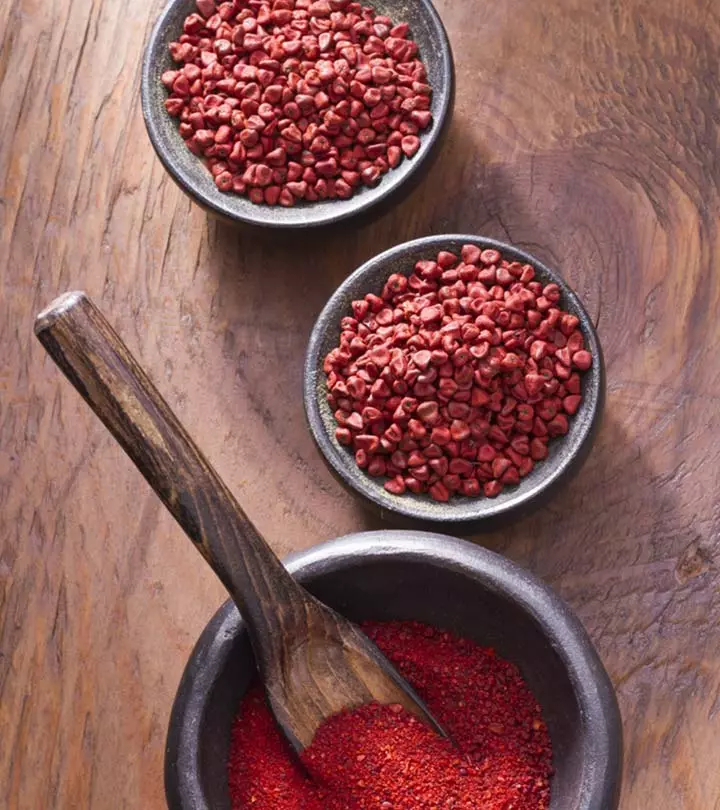



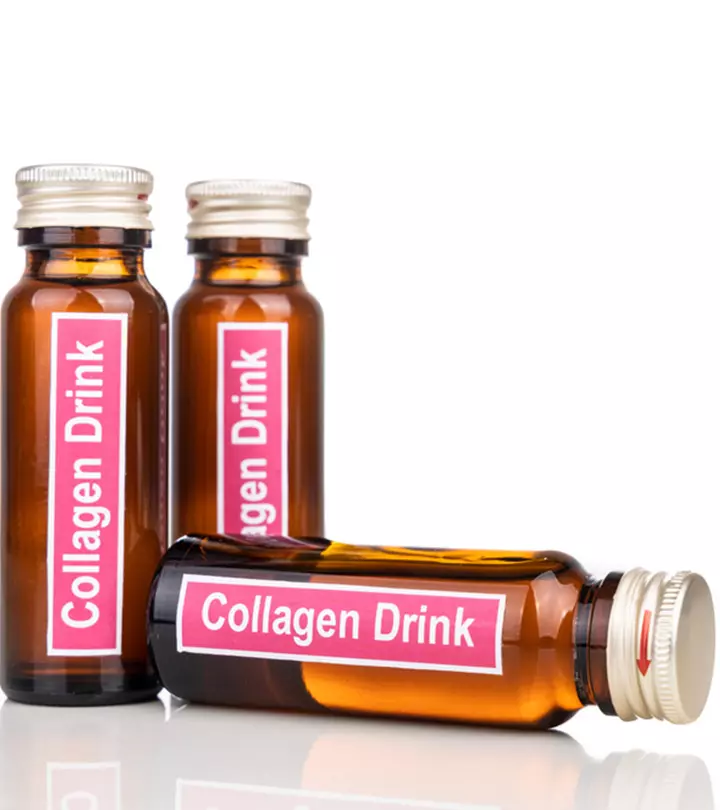

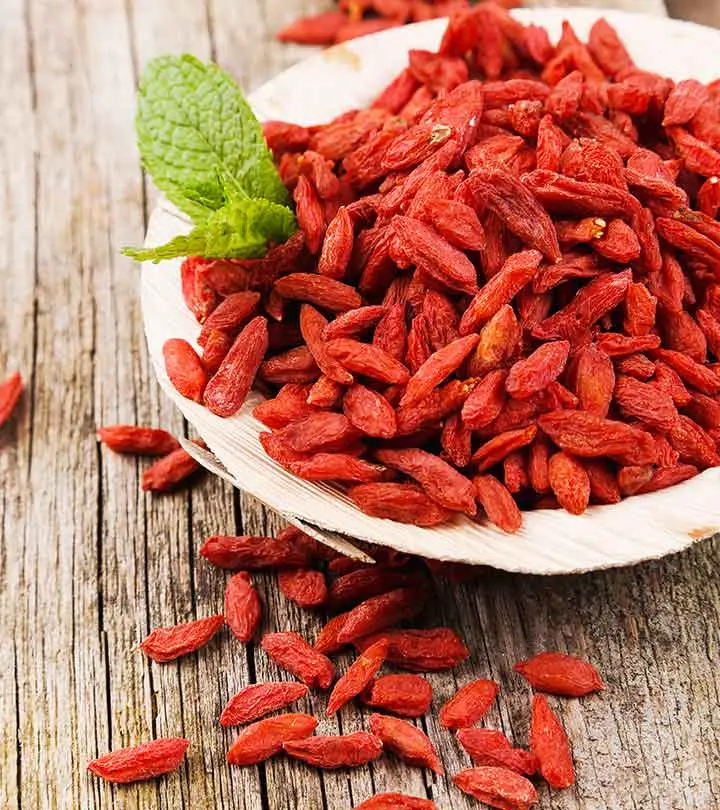



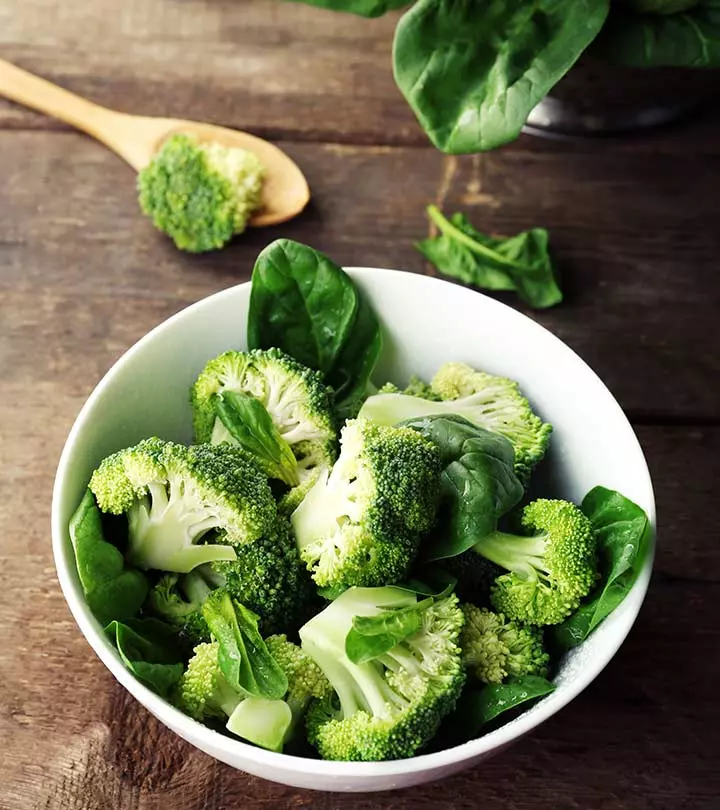

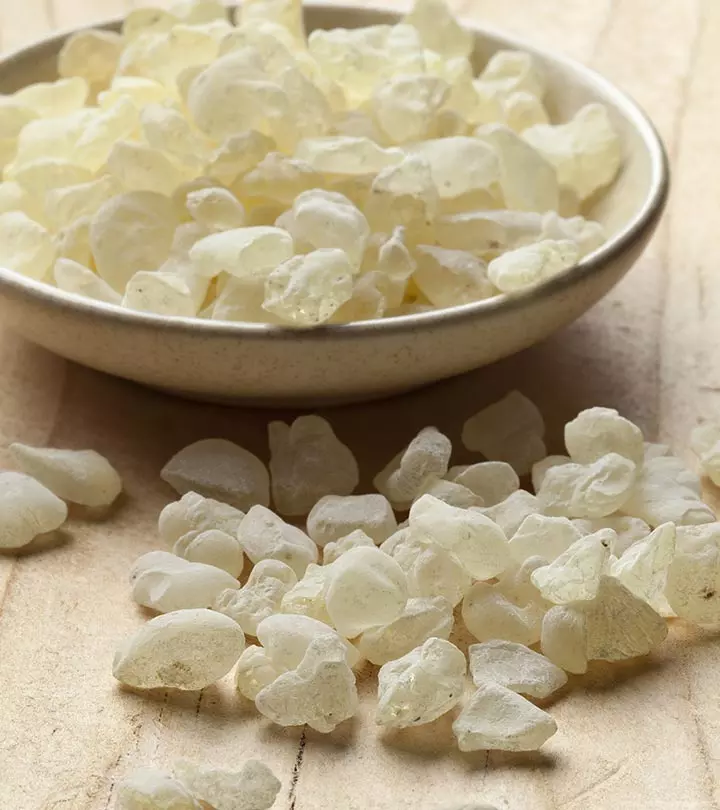






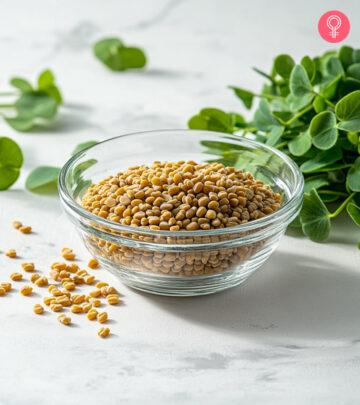
Community Experiences
Join the conversation and become a part of our empowering community! Share your stories, experiences, and insights to connect with other beauty, lifestyle, and health enthusiasts.